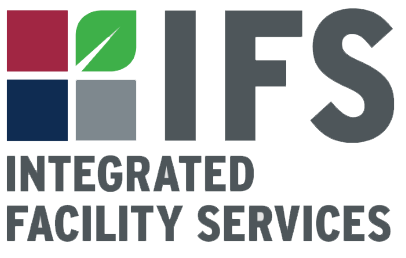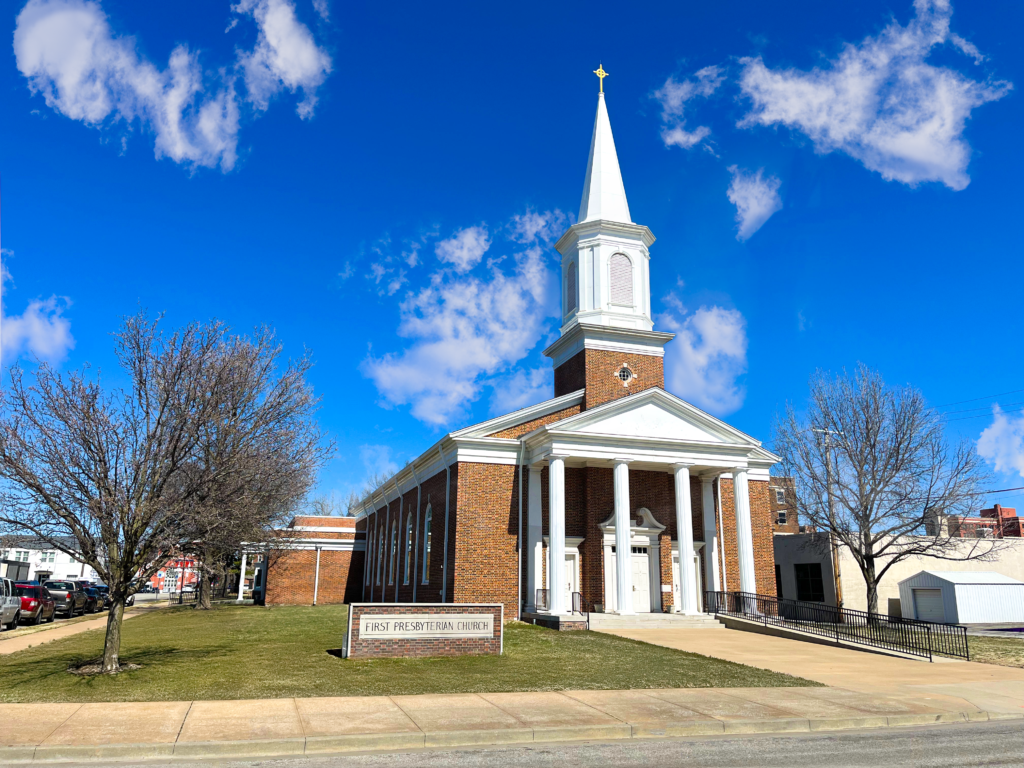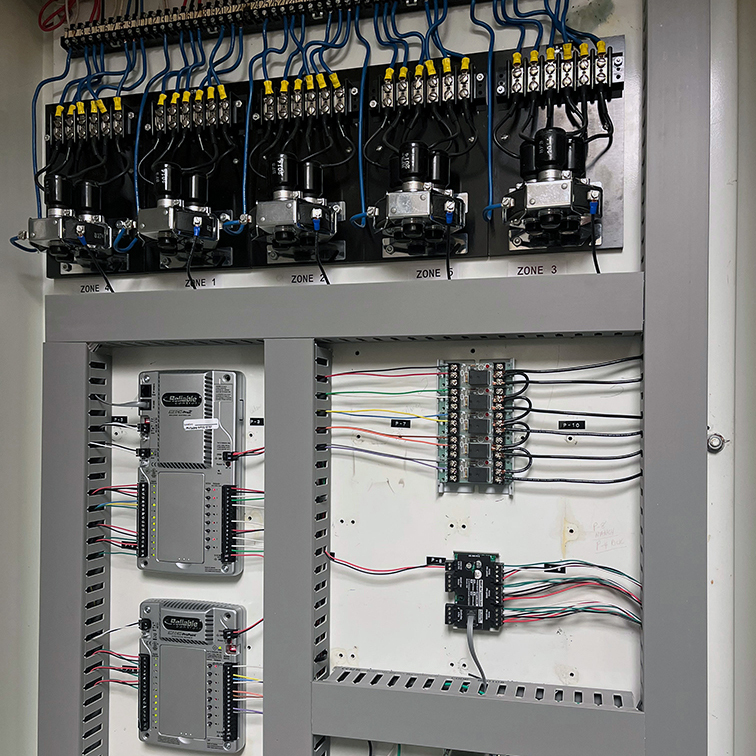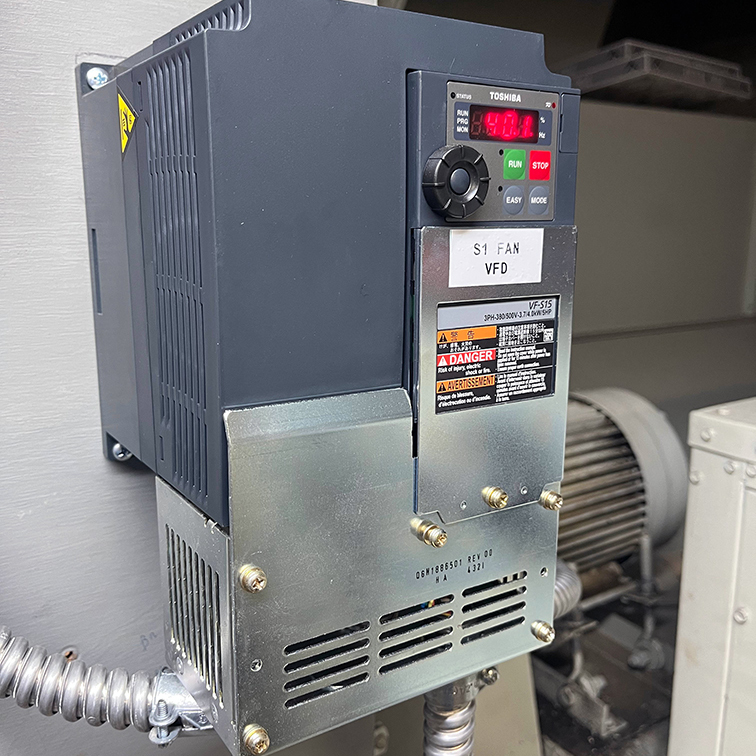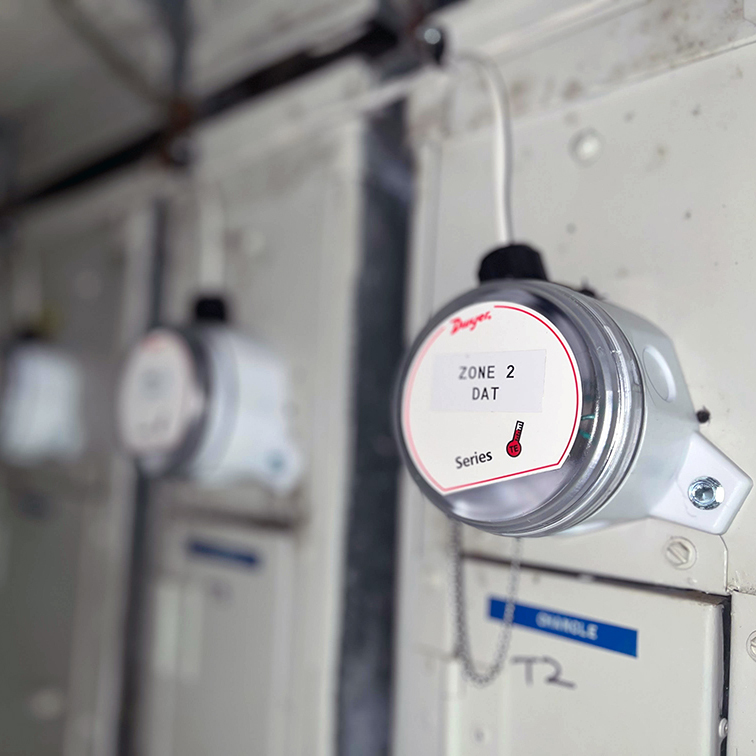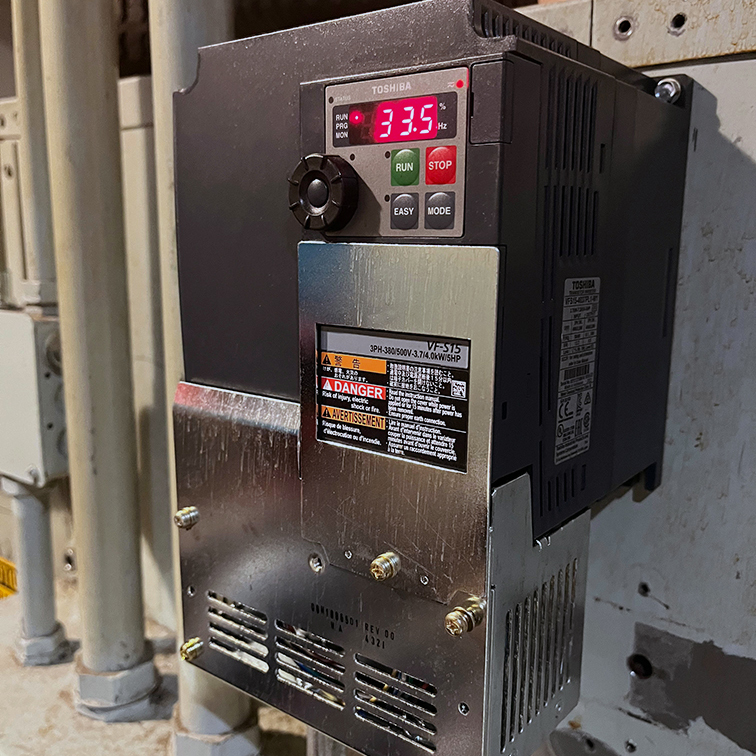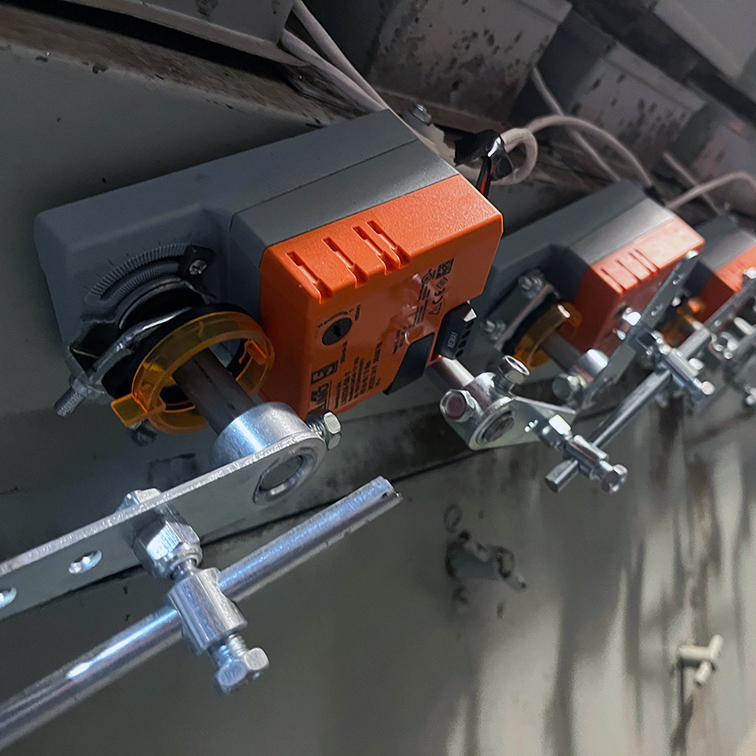Integrated Facility Services was chosen as the prime contractor for a controls retrofit at the First Presbyterian Church of Joplin, Missouri. The goal of this project was to optimize energy performance by modernizing the HVAC system’s operating sequences and incorporating advanced control technologies. IFS carried out the project from August to November 2024 while the church facilities—including offices, worship areas, and an actively operating school—remained fully in use. IFS was dedicated to maintaining the integrity of the church’s day-to-day activities, working within a tight schedule while providing an effective energy-saving solution.
